Exclusive | Our youth, our future Brand Ambassadors: Pulp Strategy's Ambika Sharma
Ambika Sharma, Managing Director & CEO, Pulp Strategy Communications is amongst the senior most professional entrepreneurs who specializes in integrated planning and activation for brands. She is the face of the modern brand activation industry. A thorough marketing professional, she has an enriching experience of more than 16 years in the industry.
Ambika has conducted focus group sessions with budding engineers from India’s premier institutes and she recollects how they had been disillusioned with the bombardment of brands branding their campus. Inspite of the several brand activities on their campus all they could remember was the name of the brand and little else. After a few more sessions with them she realized that a gamechanger was needed. Building a relationship with the campus youth was the change they were looking at that is how the Campus Ambassador Programme came into being.
Pulp Strategy specializes in youth marketing with a focus on youth consumer in urban and semi-urban India. To strengthen their offerings they have developed Channel tools which enable Pulp Strategy to plan and deliver campaigns that no competitor can. One of their channels is I-cafes. These are 3000 premium internet cafes in 30 cities. This is a very large captive audience hence they have harnessed this engagement opportunity successfully for multiple brands ranging from IT, Online and even Automobiles. They also have strong relationships across 4000+ campuses and have successfully cultivated this for many youth brands the last semester year. She along with her team looks forward to strengthen their youth outreach with a constant focus on Youth marketing which is driven by digital engagement and experiential formats.
In the last few years, there has been a paradigm shift in how marketers are approaching campus marketing internationally. Ambika Sharma, Managing Director & CEO, Pulp Strategy Comunications spoke with Adgully with regard to the initiatives taken to involve the youth in brand ambassador programmes.
Today Campus Kids in the age group of 17 – 25 years are a very important segment for youth marketers “College students are, however, a tough crowd for marketers. Wired as the generation may be, they not only tend to ignore traditional media - television, radio, and newspapers, but, studies show, they are no more likely to click open an Internet ad than older adults are. They do, however, listen to one another. What breaks clutter is peer recommendation and consistency,” says Ambika Sharma. Peer-to-peer marketing is hinged on the “student ambassador” model and has embraced the crux of effectiveness in strengthening a relationship with the campus communities.
She also feels the need to have five key to-do’s that make for a successful campus programme and a must-have for any brand serious about marketing to youth long-term. They are, careful recruitment, motivating and keeping the interest alive, balancing the workload carefully. Other factors include having an equipped team which is an empowered team and student ambassadors are no different according to her and last but not the least is personal connect and support.
She considers youth as a much sought after consumer segment since 50% of India is below the age of 25 and they are the largest consumer for most products. They are early adopters and constantly engage with or adopt new Brands and products. “With the 17 – 25 segment poised to enter into new jobs or careers they are also the mega consumers of the future who have or will soon have high liquidity. It is a natural choice for marketers to want to build and develop relationships with this segment.” she says
When asked about the role of social and digital media played to connect with the youth as part of a relationship building process she says in a youth campaign it plays a very critical role. "If it is not on social media it almost does not exist" that's how rooted the consumption for social media is. In a recent focus group session with the post graduate students at DU, the students used terms like "we need to check updates" its no longer a want its a need, they check updates every hour, classes, rooms, lecture timing every thing at campus is on social, scattered over groups and pages and popular profiles,” says Ambika. They use social to bring students together, hold contests, seed product content, share cool features and have conversations which means that the brand is never disconnected from the campus even if there is no Organic live activation happening on that particular day inside campus.
Premium I cafes have played a major role in youth marketing programmes and also to rope them with depth engagement plans. A handpicked select range of premium youth I cafes are the new decision and information points for the young. Youth at cafes spend their time developing a liking for the next new product and brand on their purchase radar. They are an interaction driven touch point she says and these cafes are mapped to youth consumers 15-35 years of age which contributes to the chunk of their patronage. They spend an average 45 minutes at the café whereby the cafes see an average daily footfall of 1.9 lac consumers. They are the largest buyers of mobiles, motorbikes, apparels and LCD’s, and are also spending on personal grooming, sports and gym activities and brimming with impulse purchase and eCommerce.
Says Ambika, “Look at what this translates to; 5.7 million sessions, 57 million page views, millions of messages read, websites visited. The behavior pattern of the young consumer at I cafes shows that they are researching products, chatting in forums, checking out entertainment options, and also connecting with friends on email or social. By creating small innovative call to action based modules it is possible to build engagement and most importantly product trials.”
With regard to the outcome and success of this programme Ambika says that the numbers, audience type and behaviour allows for innovation as well as prompt action. They have combined this with a product based game online and have 3 lac unique users. They also opened up the channel to a custom e-experience and got 5.11 lac consumers for Yahoo.
“Not just IT and Technology Brands at the I café's which have seen success but Automobiles as well. The channel has immense potential and has shown exceptional results. We won two of our recent Awards for campaigns run at I cafes,” she says.
According to Ambika Sharma the future of brand activation industry in India today is bright. Brand activation has evolved into a specialist field. Also a positive change in aptitude as well as adoption of the media in the last 2 years has been seen. “Marketers on both sides of the table now accept the need for delivering unique consumer experiences and creating consumer brand conversations, expectations are less sporadic but there is ground to be covered in the method as well as manner of approach to the medium.” she says
There have been strong ROI numbers, powerful sales figures, spiking brand health graphs, a recent one is that of 1.1 lakh product adoptions in five months. The ambassadors have made careers with global brands, some of them even by the brands they evangelised on their campuses. “Over the years, the programmes have become stronger and potential for deep seeding has grown larger. All this innovation and constant evolution has had its rewards – for me as a marketer and I will like to believe for the students who have been or are ambassadors,” says Ambika Sharma.
Marketing
MINUTES TO READ




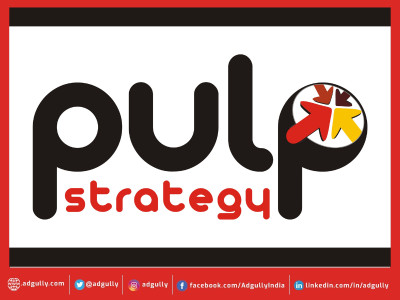

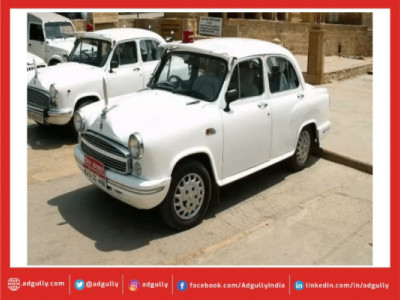


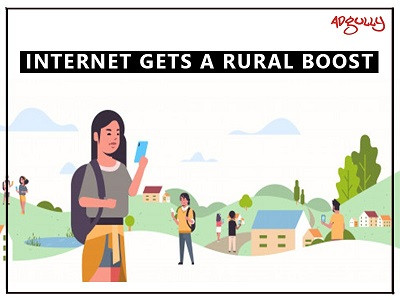

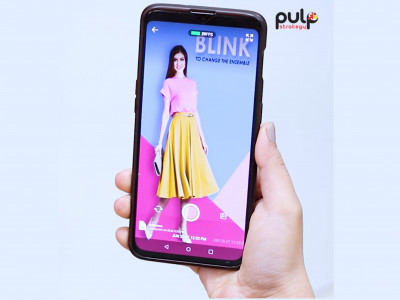


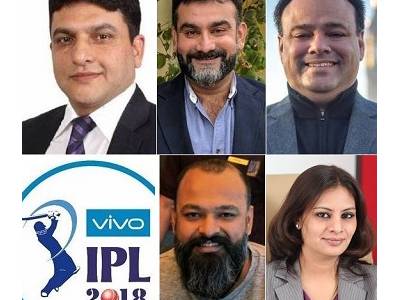



Share
Facebook
YouTube
Tweet
Twitter
LinkedIn